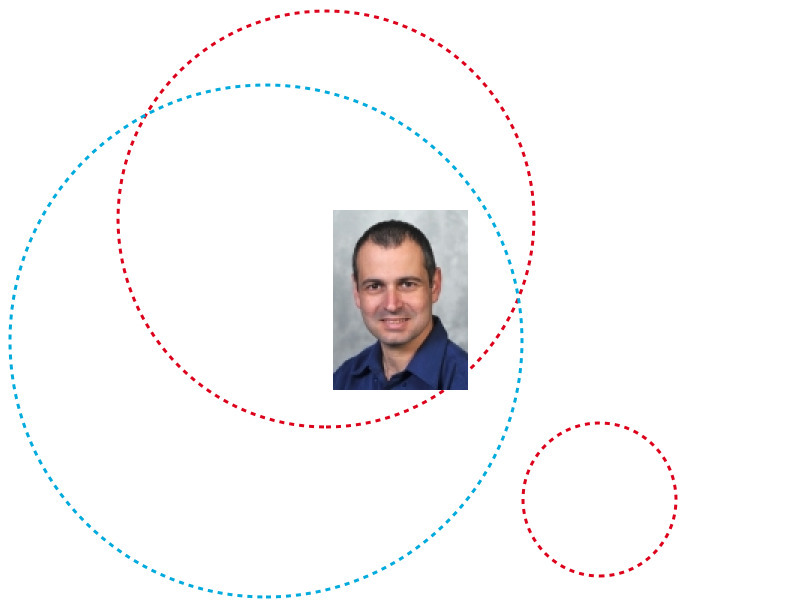Molecular crystals are crystalline solids composed of molecules bound together by relatively weak intermolecular interactions, typically consisting of van der Waals interactions and/or hydrogen bonds. Hybrid crystals combine molecular units and covalent/ionic networks. Both classes of crystals play an important role in many areas of science and engineering, ranging from biology and medicine to mechanics, electronics, and photovoltaics. Therefore, much effort has been dedicated to understanding their structure and properties. Here, I will focus on our recent progress in explaining and even predicting important classes of collective effects, i.e., phenomena that the individual units comprising the crystal do not exhibit, but arise through their interaction. Specifically, I will demonstrate these concepts by addressing unusual structure-function relations in biogenic molecular crystals and unique dynamic phenomena in organic-inorganic halide perovskites. Throughout, I will highlight the insights gained from a successful interaction between theory and experiment.
BIOGRAPHY:
Leeor Kronik obtained his Ph.D. in Physical Electronics at Tel Aviv University and was a Rothschild and Fulbright post-doctoral fellow at the University of Minnesota, USA. Since 2003 he is with the Department of Materials and Interfaces at the Weizmann Institute of Science, Israel, where he is presently Professor, Department Chair, and Director of the newly established Beck Center for Advanced and Intelligent Materials. His research interests are in the fundamentals of density functional theory and in using the theory to understand and predict properties of materials from first principles, with a current emphasis on organic and hybrid organic–inorganic solids and structures. His work has been recognized by, e.g., membership in the Young Israel Academy, election as an American Physical Society Fellow, the Israel Chemical Society Prize for Outstanding. Young Scientist, and the Excellence in Research Award of the Israel Vacuum Society.
